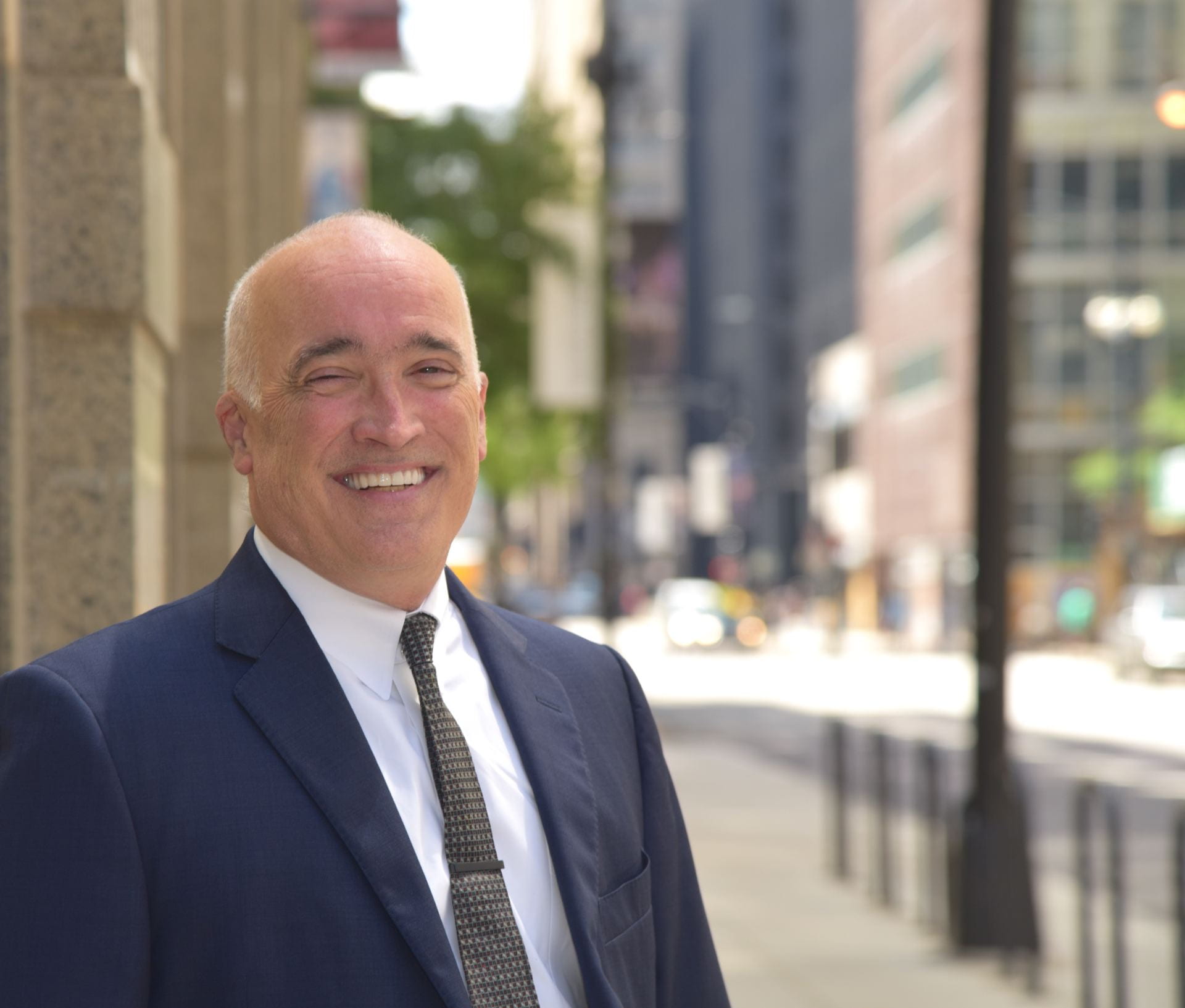This fall, we welcomed our business students back to DePaul with a course schedule that offered a range of in-person, remote and hybrid classes. Flexibility has become the new norm for how we deliver business education, shaped by the diverse needs of our students and...
Planning Our Post-Pandemic Future
As more people receive COVID-19 vaccines and optimism grows this spring, we are making plans for the post-pandemic future at the Driehaus College of Business. It will not be a return to business as usual. Student expectations and our assumptions about how to learn,...
Making This a Year We Can be Proud of
This academic year has begun unlike any we have experienced before at DePaul. Keeping our community safe—our first priority—compelled the university to substantially limit face-to-face classes, on-campus activities and residence hall living for students this fall and...

